If you're experiencing very low hot water pressure in your kitchen sink, the first thing you should check is the aerator. This small mesh screen is located at the end of your faucet and can easily become clogged with debris and mineral deposits over time. Simply unscrew the aerator from the faucet and clean it out with a toothbrush and some vinegar. This should improve the water flow and pressure.Check the aerator
Another possible cause of low hot water pressure in your kitchen sink could be the shut-off valves. These valves are typically located under the sink and control the flow of water to the faucet. If they are partially closed, it can restrict the water flow and cause low pressure. Make sure both the hot and cold shut-off valves are fully open to allow for maximum water flow to your faucet.Check the shut-off valves
If your shut-off valves are fully open and the aerator is clean, the next step is to check the water supply line. This is the pipe that connects your faucet to the main water supply. Over time, this line can become kinked or clogged with debris, which can greatly reduce water pressure. Inspect the supply line for any obstructions or damage and replace it if necessary.Check the water supply line
If you have tried all of the above and are still experiencing low hot water pressure, it may be time to check your water pressure regulator. This device is responsible for regulating the water pressure in your home and can become faulty over time. If it is not functioning properly, it can cause low water pressure in your kitchen sink. Consider calling a professional to inspect and potentially replace the water pressure regulator.Check the water pressure regulator
If your water pressure regulator is functioning properly, the next step is to check for clogs in the pipes. This can be a common issue, especially in older homes with galvanized pipes. Clogs can form from mineral deposits, rust, and other debris. You can try using a drain snake to clear any clogs or consider calling a professional plumber for assistance.Check for clogs in the pipes
Another potential cause of low hot water pressure in your kitchen sink could be an issue with your hot water heater. Sediment buildup in the tank or a faulty heating element can greatly reduce the amount of hot water available, resulting in low pressure. Consider flushing your hot water heater to remove any sediment, or have a professional inspect and repair any issues.Check the hot water heater
If you have checked all of the above and are still experiencing low hot water pressure, it is important to check for any leaks in the pipes. Even a small leak can greatly reduce water pressure and should be addressed immediately. Inspect all visible pipes for any signs of leaks and repair them as necessary.Check for leaks in the pipes
The faucet cartridge is the internal mechanism that controls the flow of water in your faucet. Over time, it can become worn or damaged, resulting in low water pressure. If you have an older faucet, consider replacing the cartridge to see if that improves the water pressure. If you have a newer faucet, the cartridge may need to be cleaned or replaced.Check the faucet cartridge
If you are only experiencing low hot water pressure in your kitchen sink, it could be a localized issue. However, if you notice low water pressure in other faucets throughout your home, it is likely a larger problem. In this case, it is best to call a professional plumber to inspect and address the issue.Check the water pressure in other faucets
If you have tried all of the above and are still experiencing very low hot water pressure in your kitchen sink, it is best to call a professional plumber for assistance. They will have the expertise and tools to properly diagnose and address the issue, ensuring that your kitchen sink has adequate hot water pressure for all your cooking and cleaning needs.Call a plumber for professional help
Reasons for Very Low Hot Water Pressure in a Kitchen Sink
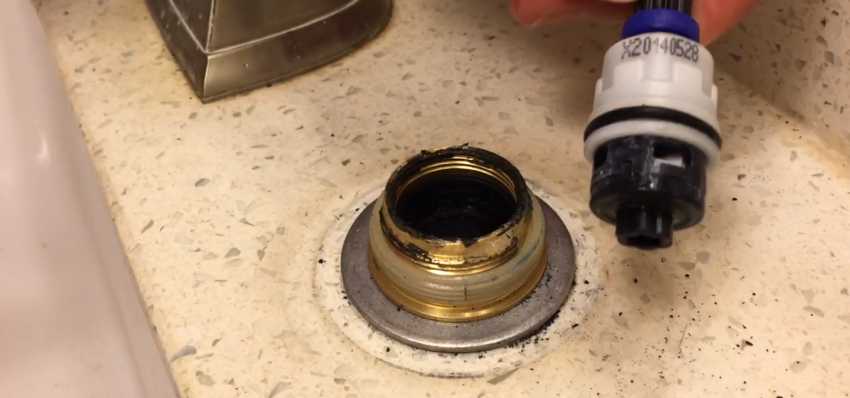
Introduction
 As a homeowner, you expect your kitchen sink to provide a steady flow of hot water for washing dishes and cleaning. However, if you have noticed that your hot water pressure is significantly lower than usual, it can be a frustrating and inconvenient problem. There are several reasons why you may be experiencing low hot water pressure in your kitchen sink, and in this article, we will discuss the possible causes and solutions to this issue.
As a homeowner, you expect your kitchen sink to provide a steady flow of hot water for washing dishes and cleaning. However, if you have noticed that your hot water pressure is significantly lower than usual, it can be a frustrating and inconvenient problem. There are several reasons why you may be experiencing low hot water pressure in your kitchen sink, and in this article, we will discuss the possible causes and solutions to this issue.
Blocked Pipes
 One of the most common reasons for low hot water pressure in a kitchen sink is due to blocked pipes. Over time, mineral deposits, debris, and sediment can build up inside the pipes, restricting the flow of hot water. This can also happen if you have hard water, which contains high levels of minerals like calcium and magnesium. These minerals can accumulate and form limescale, which can clog your pipes and reduce hot water pressure. If you suspect that blocked pipes are the cause of your low hot water pressure, it is best to seek the help of a professional plumber to thoroughly clean and clear your pipes.
One of the most common reasons for low hot water pressure in a kitchen sink is due to blocked pipes. Over time, mineral deposits, debris, and sediment can build up inside the pipes, restricting the flow of hot water. This can also happen if you have hard water, which contains high levels of minerals like calcium and magnesium. These minerals can accumulate and form limescale, which can clog your pipes and reduce hot water pressure. If you suspect that blocked pipes are the cause of your low hot water pressure, it is best to seek the help of a professional plumber to thoroughly clean and clear your pipes.
Malfunctioning Water Heater
 Another possible reason for low hot water pressure in your kitchen sink is a malfunctioning water heater. If your water heater is not functioning properly, it may not be able to provide enough hot water to maintain adequate pressure. This can be caused by a variety of issues such as a faulty heating element, sediment buildup, or a malfunctioning thermostat. Regular maintenance and inspection of your water heater can help prevent these issues and ensure that it is functioning at its best.
Another possible reason for low hot water pressure in your kitchen sink is a malfunctioning water heater. If your water heater is not functioning properly, it may not be able to provide enough hot water to maintain adequate pressure. This can be caused by a variety of issues such as a faulty heating element, sediment buildup, or a malfunctioning thermostat. Regular maintenance and inspection of your water heater can help prevent these issues and ensure that it is functioning at its best.
Plumbing Issues
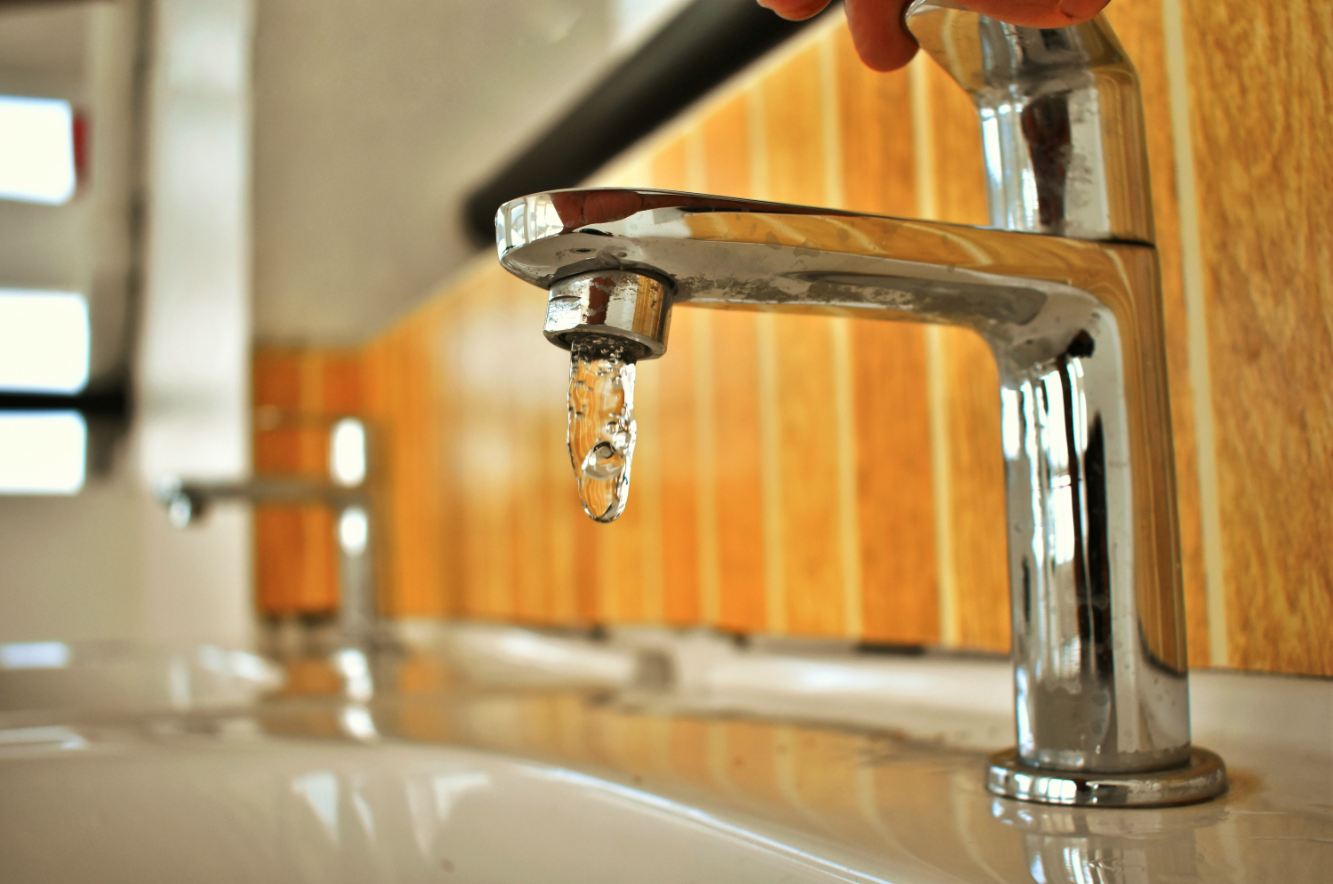 Issues with your plumbing system can also contribute to low hot water pressure in your kitchen sink. Leaks or damage to the pipes can cause a decrease in pressure, especially if the leak is near the hot water supply. It is essential to regularly check for any leaks or damage to your plumbing system and have them repaired promptly to avoid further issues.
Issues with your plumbing system can also contribute to low hot water pressure in your kitchen sink. Leaks or damage to the pipes can cause a decrease in pressure, especially if the leak is near the hot water supply. It is essential to regularly check for any leaks or damage to your plumbing system and have them repaired promptly to avoid further issues.
Conclusion
 Having very low hot water pressure in your kitchen sink can be a frustrating problem, but it is not something that you have to live with. By identifying and addressing the root cause of the issue, you can restore your hot water pressure and enjoy a fully functioning kitchen sink. If you are unsure of the cause or unable to fix the issue yourself, it is always best to seek the help of a professional plumber to ensure that your hot water pressure is restored safely and efficiently.
Having very low hot water pressure in your kitchen sink can be a frustrating problem, but it is not something that you have to live with. By identifying and addressing the root cause of the issue, you can restore your hot water pressure and enjoy a fully functioning kitchen sink. If you are unsure of the cause or unable to fix the issue yourself, it is always best to seek the help of a professional plumber to ensure that your hot water pressure is restored safely and efficiently.




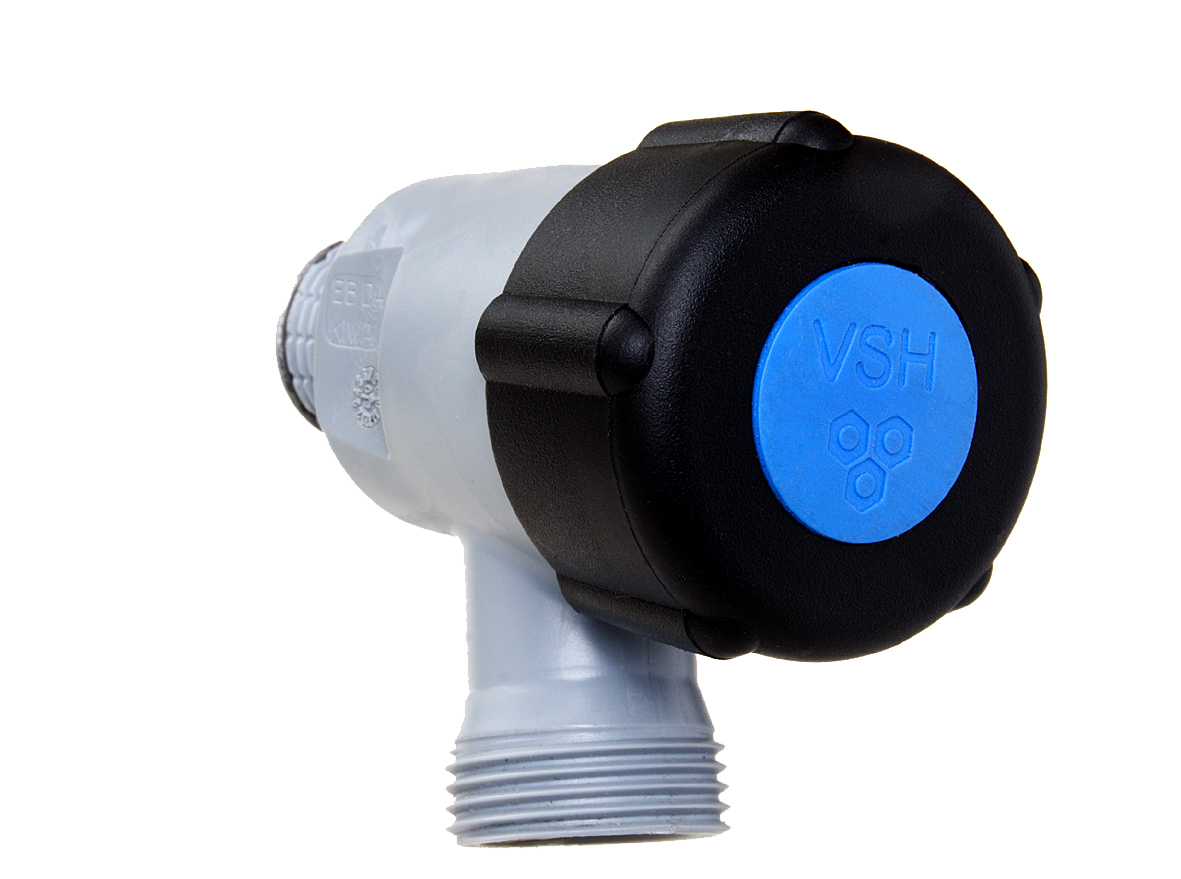





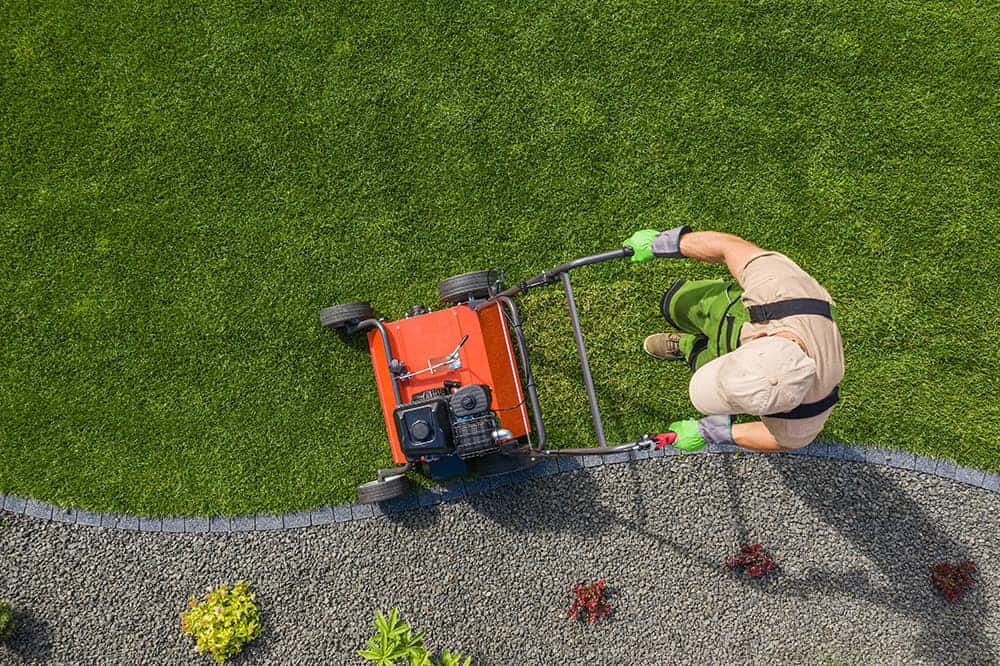



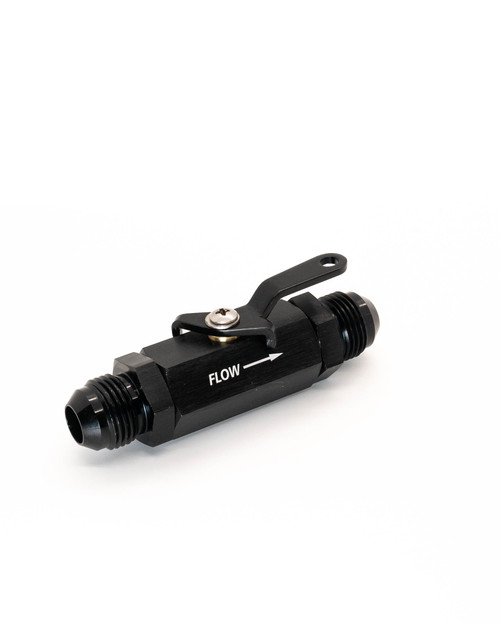
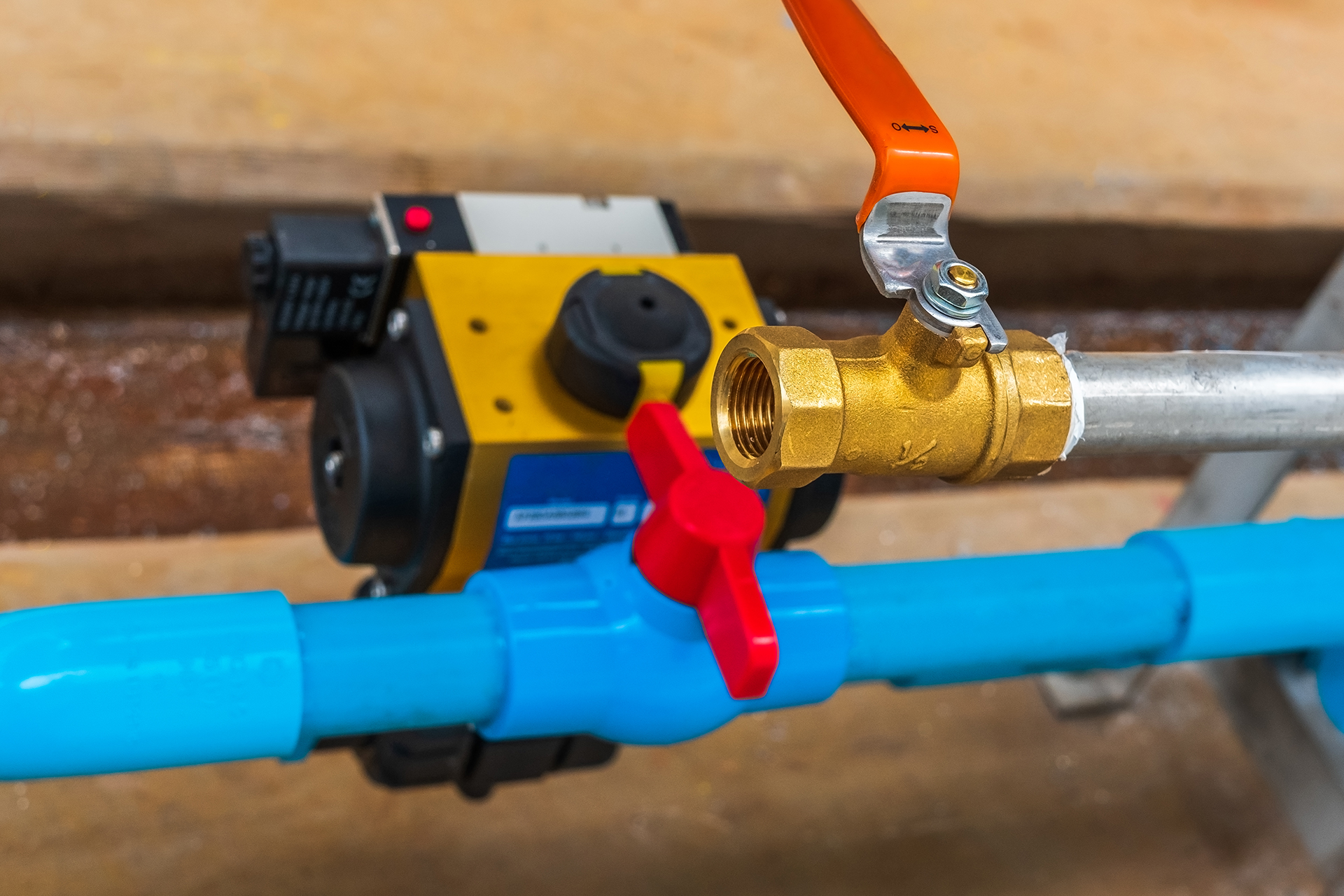
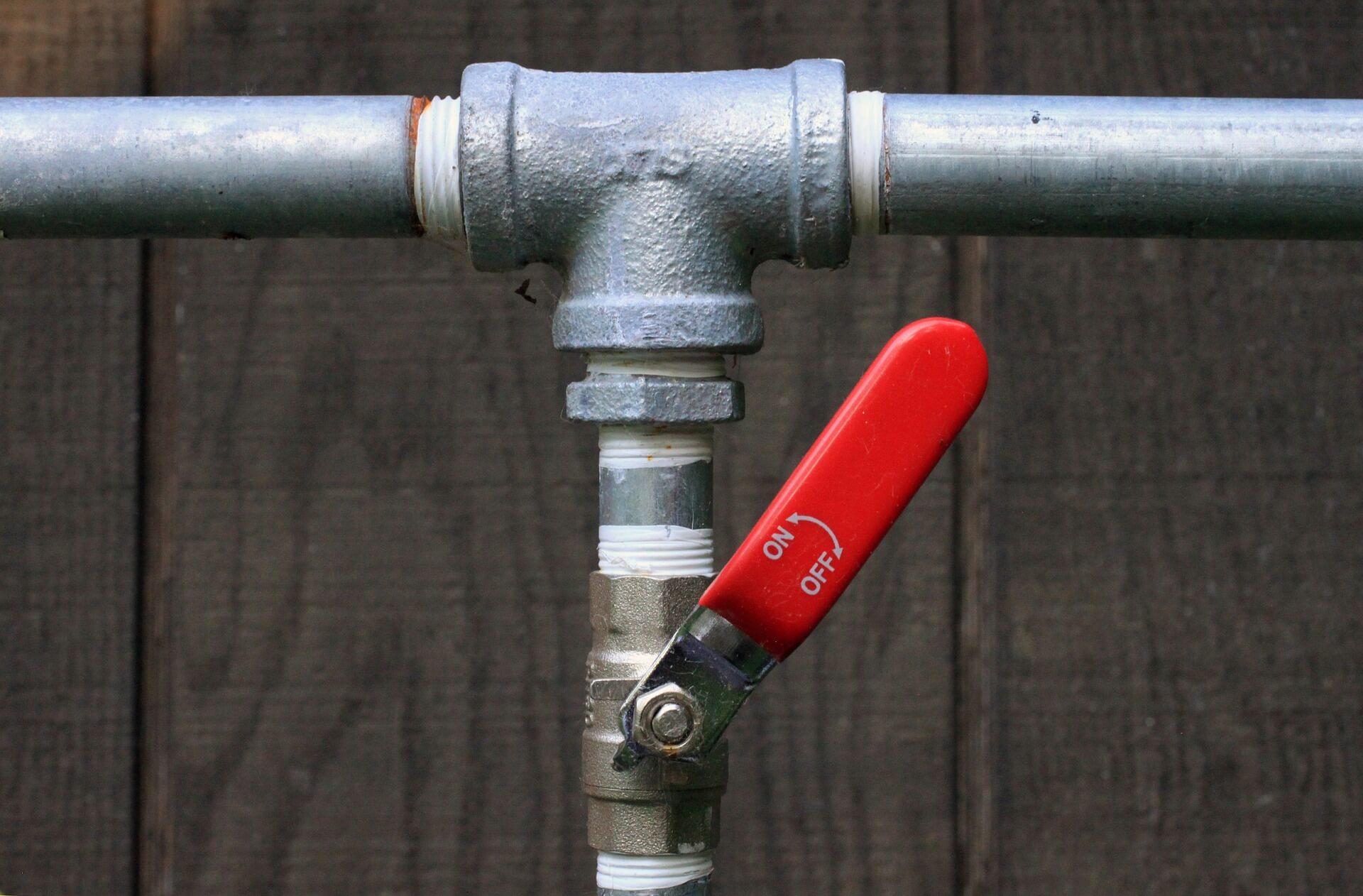

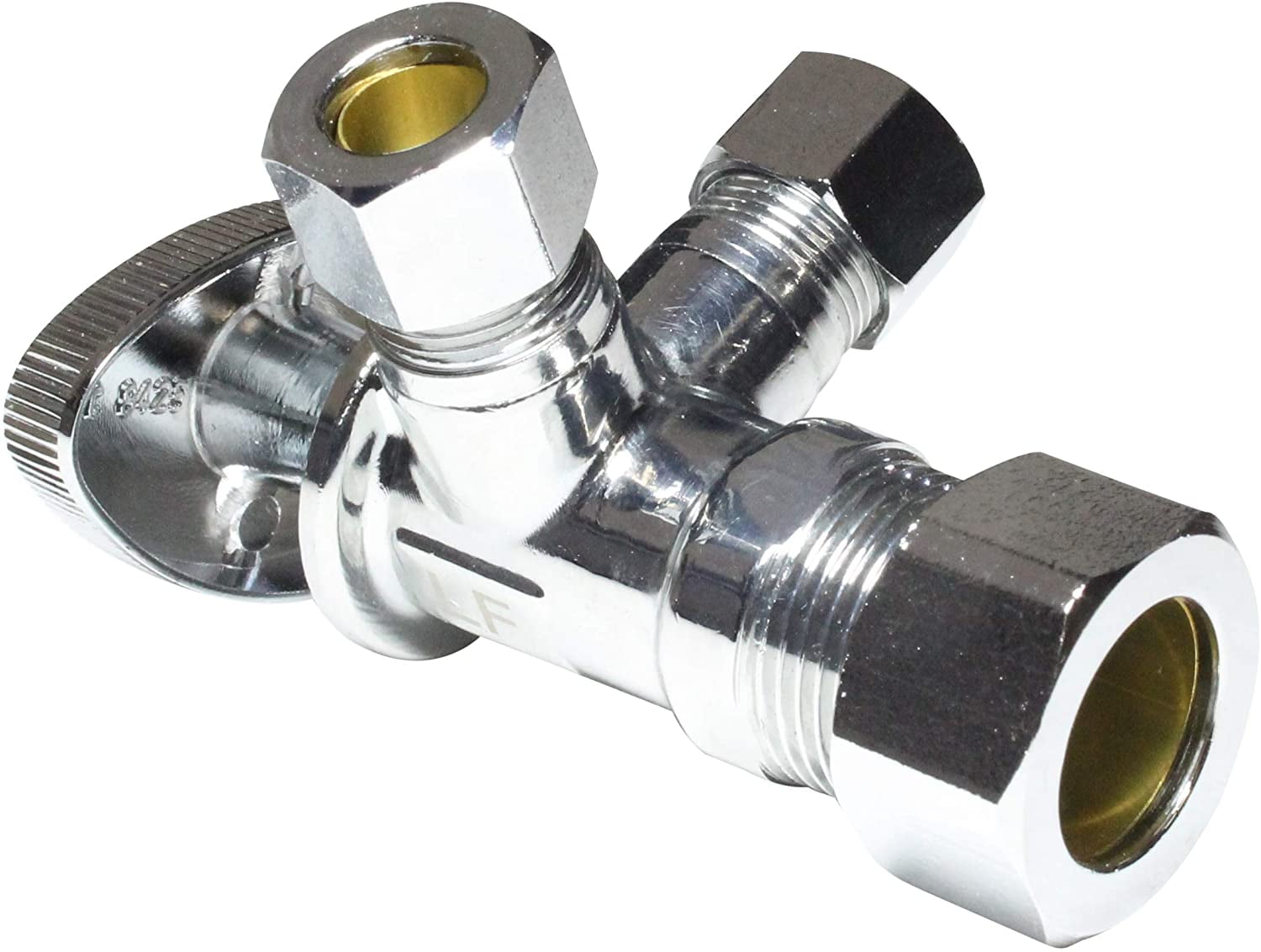










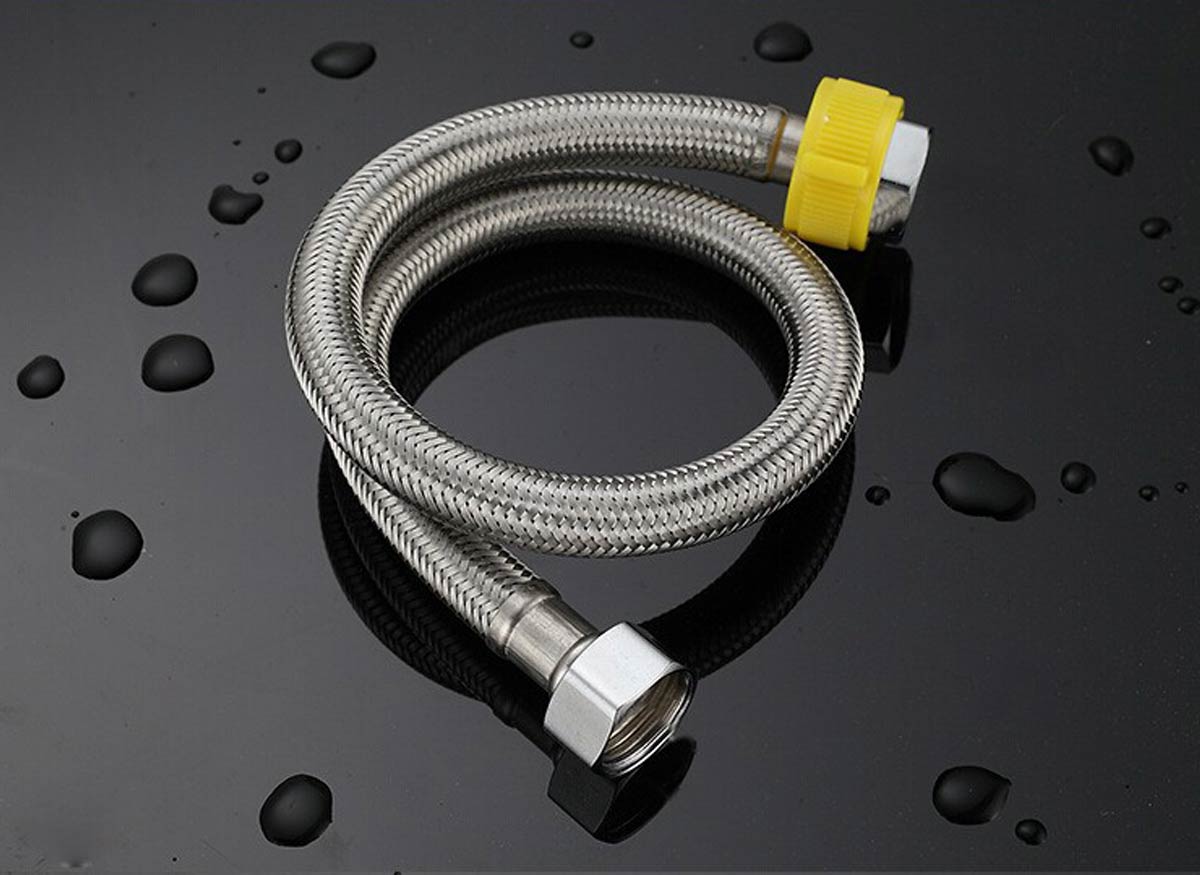

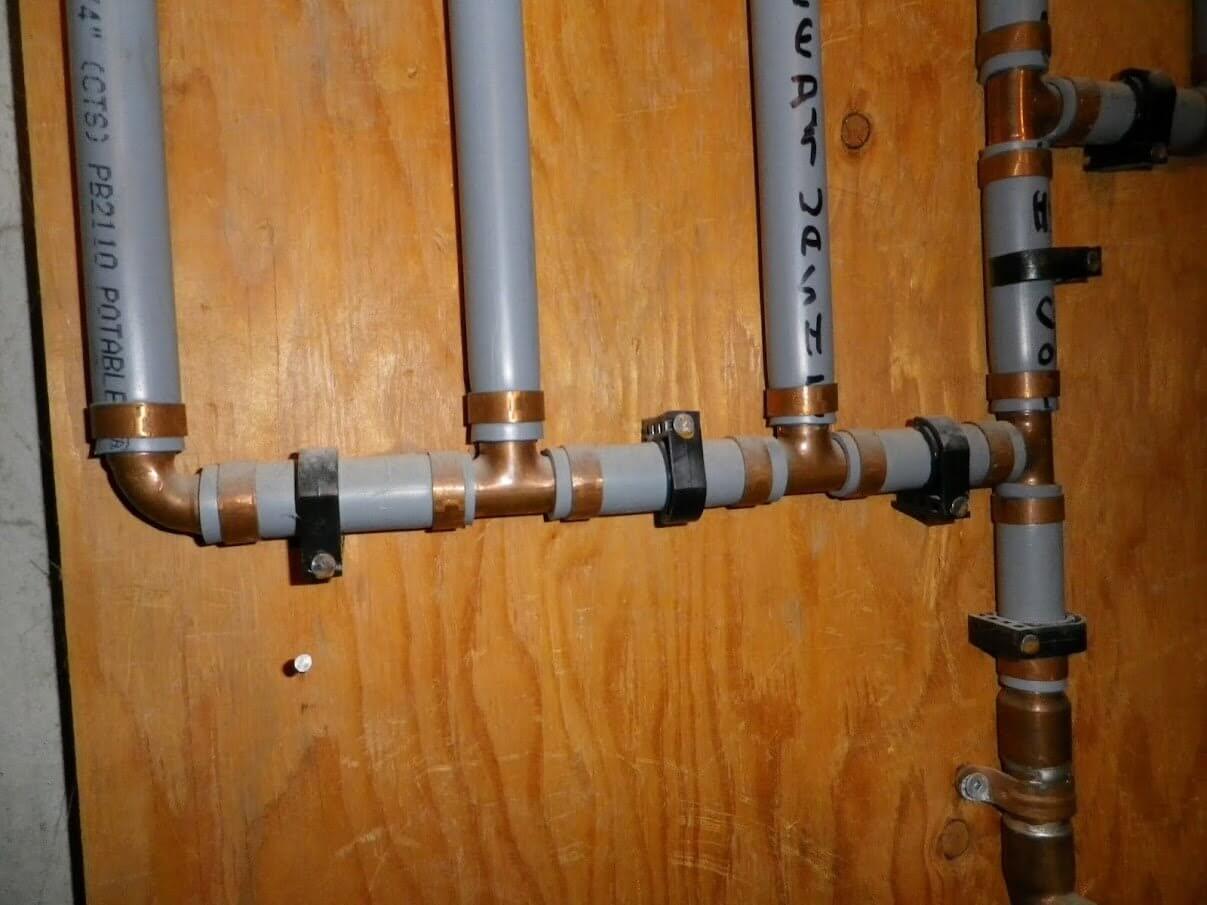

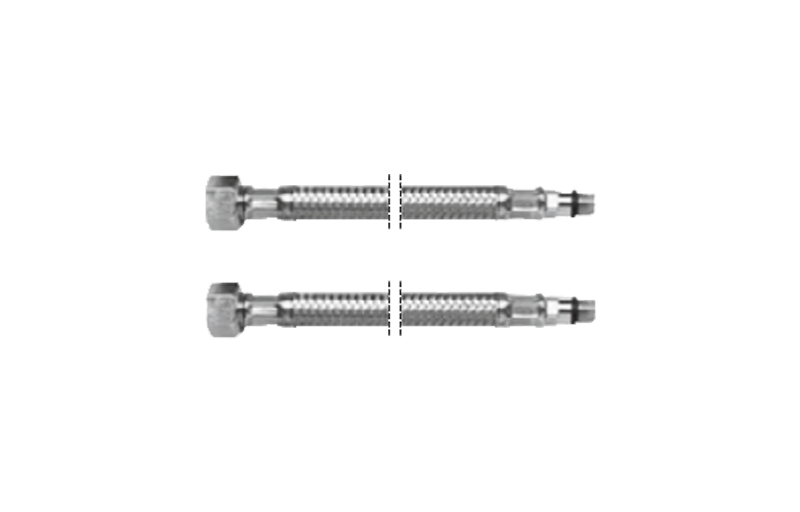
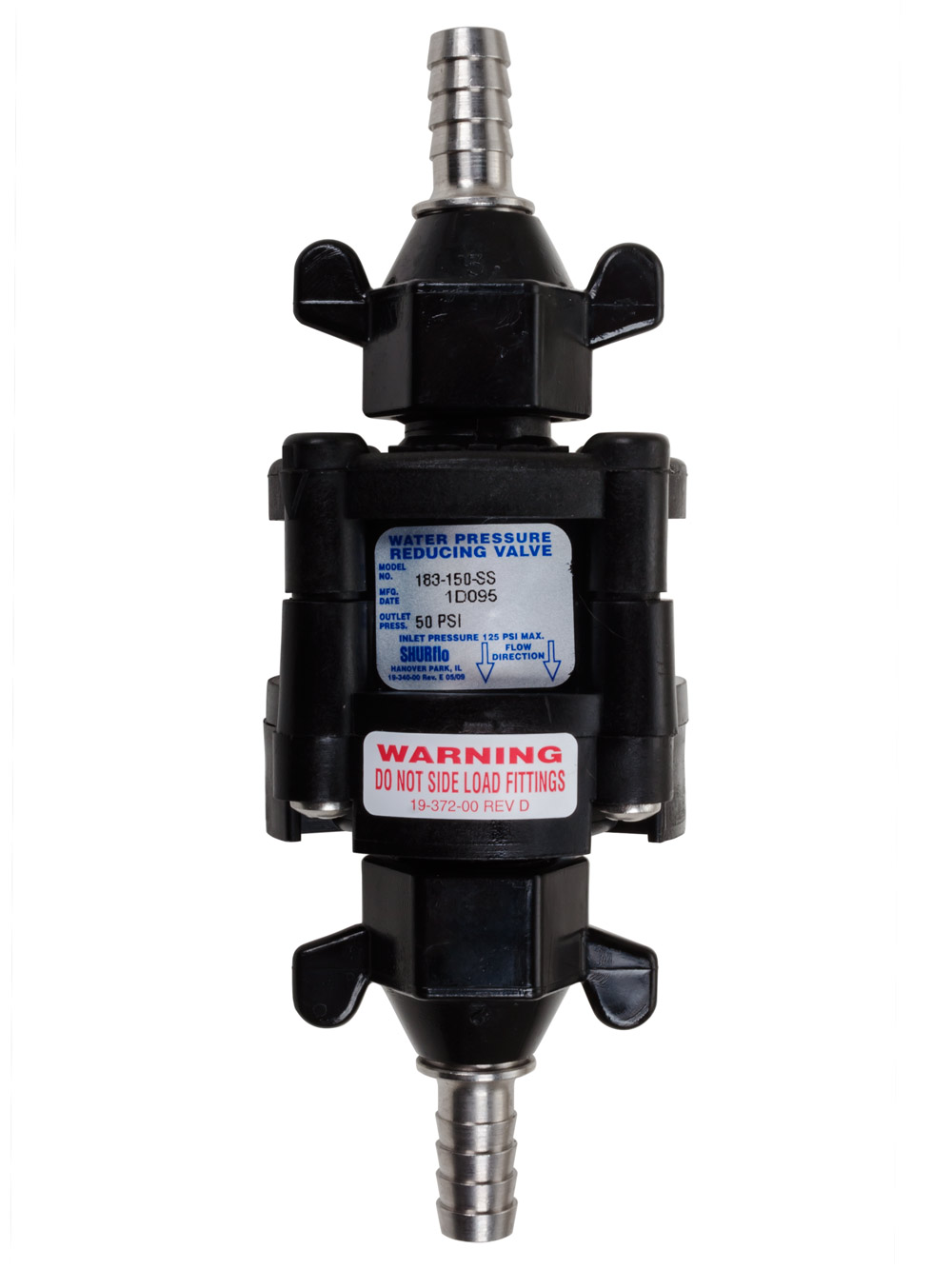

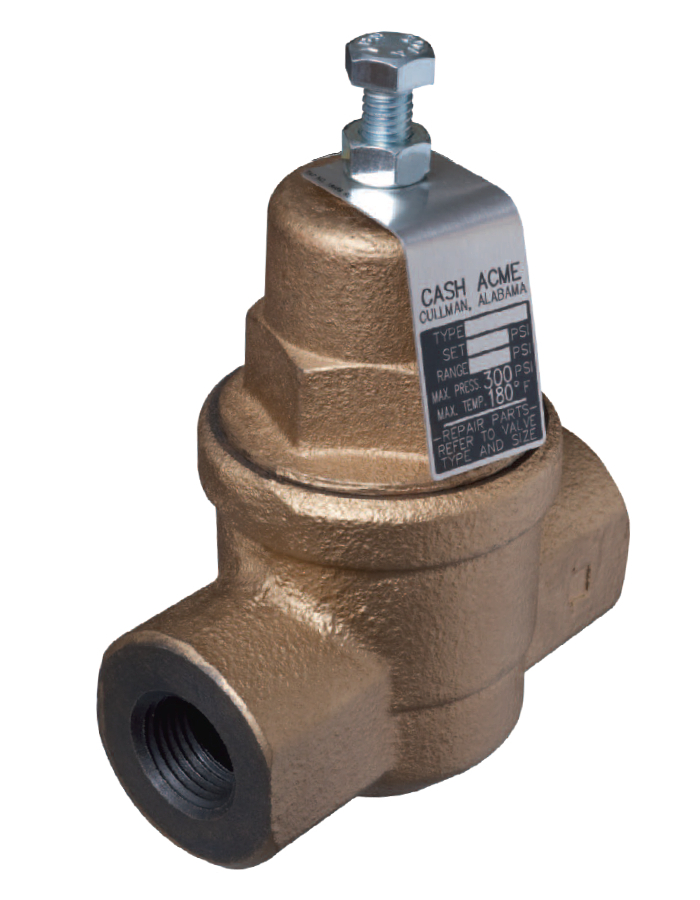
:max_bytes(150000):strip_icc()/the-men-s-hand-opens-the-ball-valve-on-the-collector-1006810456-5c5fc73fc9e77c000159c4af.jpg)


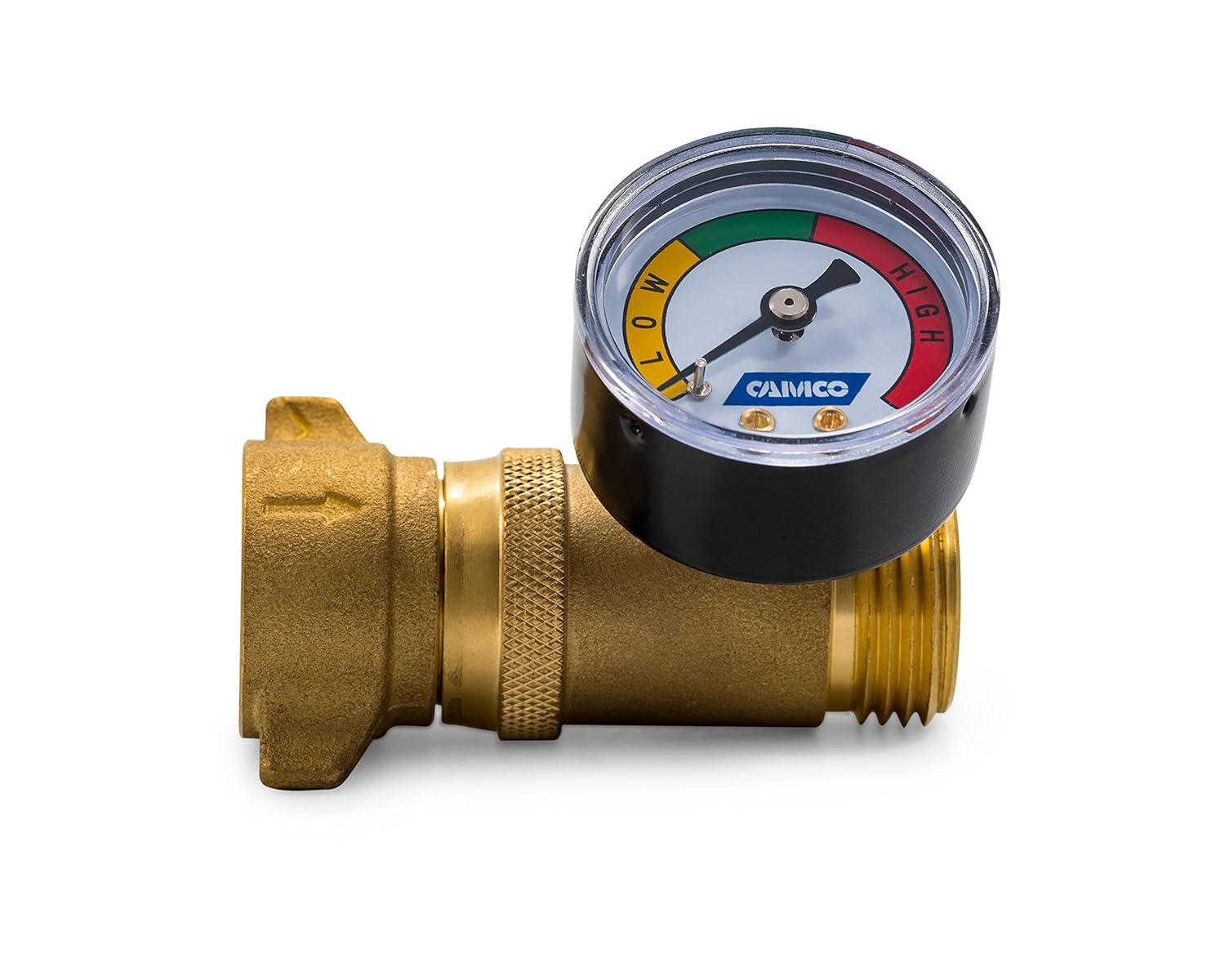
:max_bytes(150000):strip_icc()/testing-water-pressure-in-your-home-2718692-04-c37ab3236d0d4b61b87079ebf9ef823e.jpg)
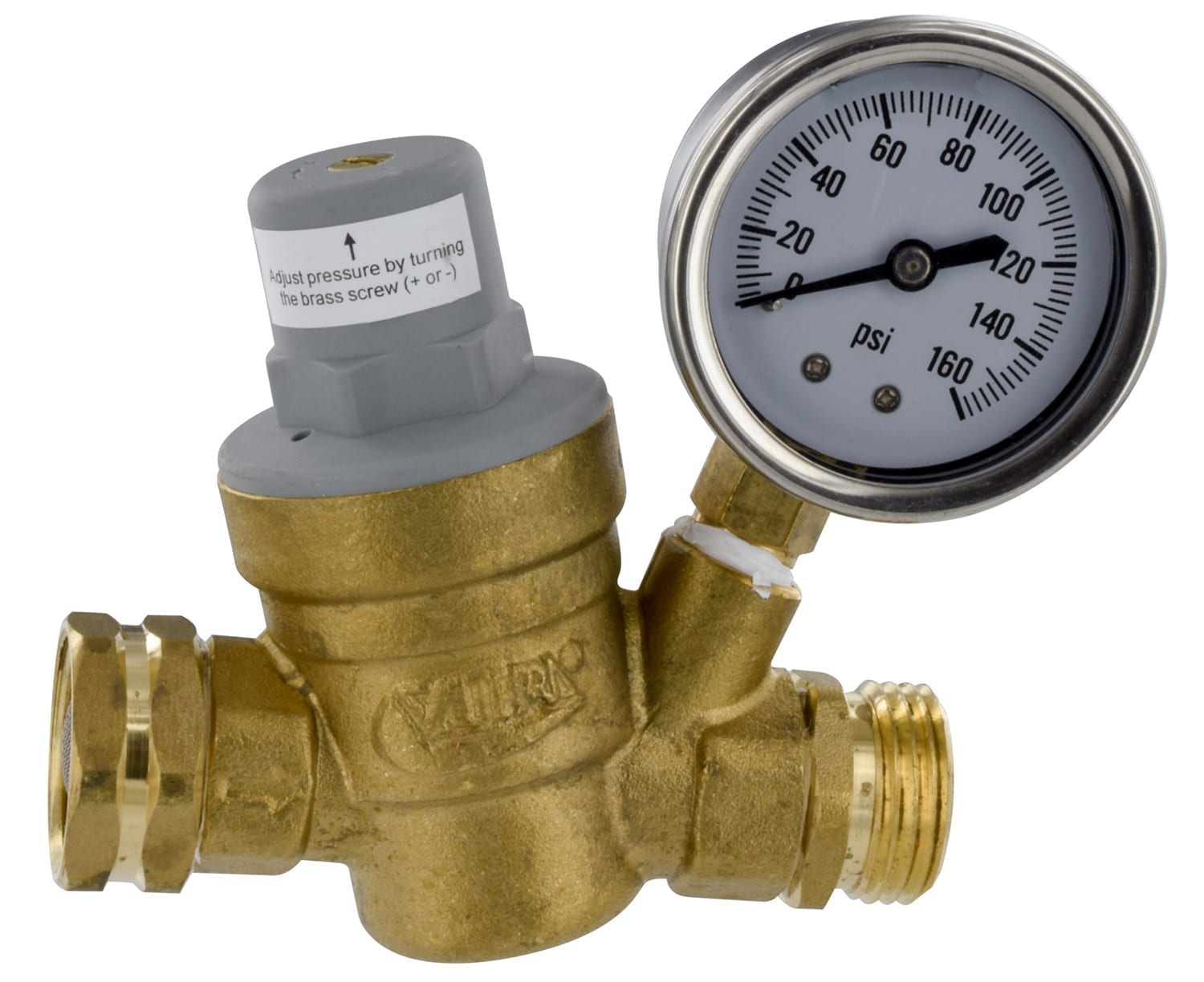







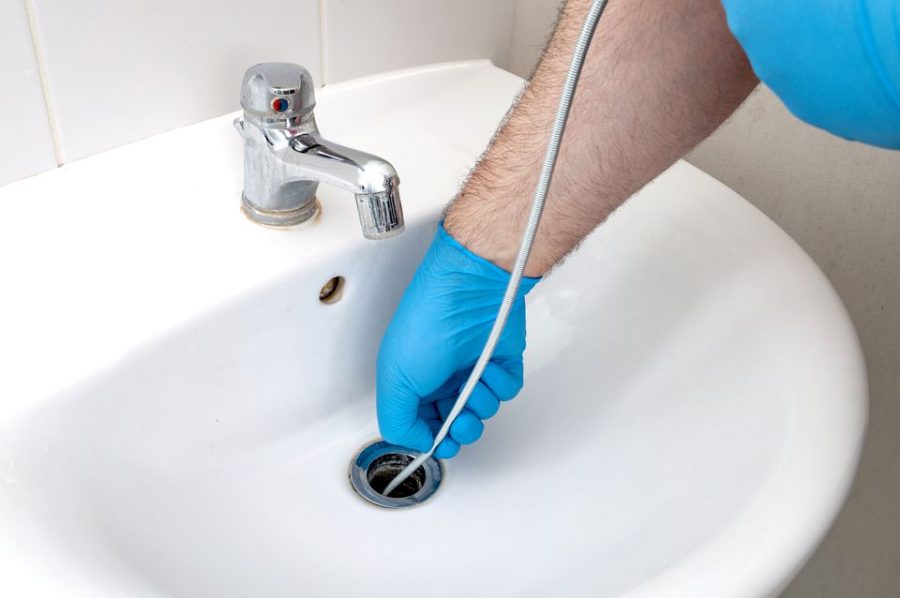
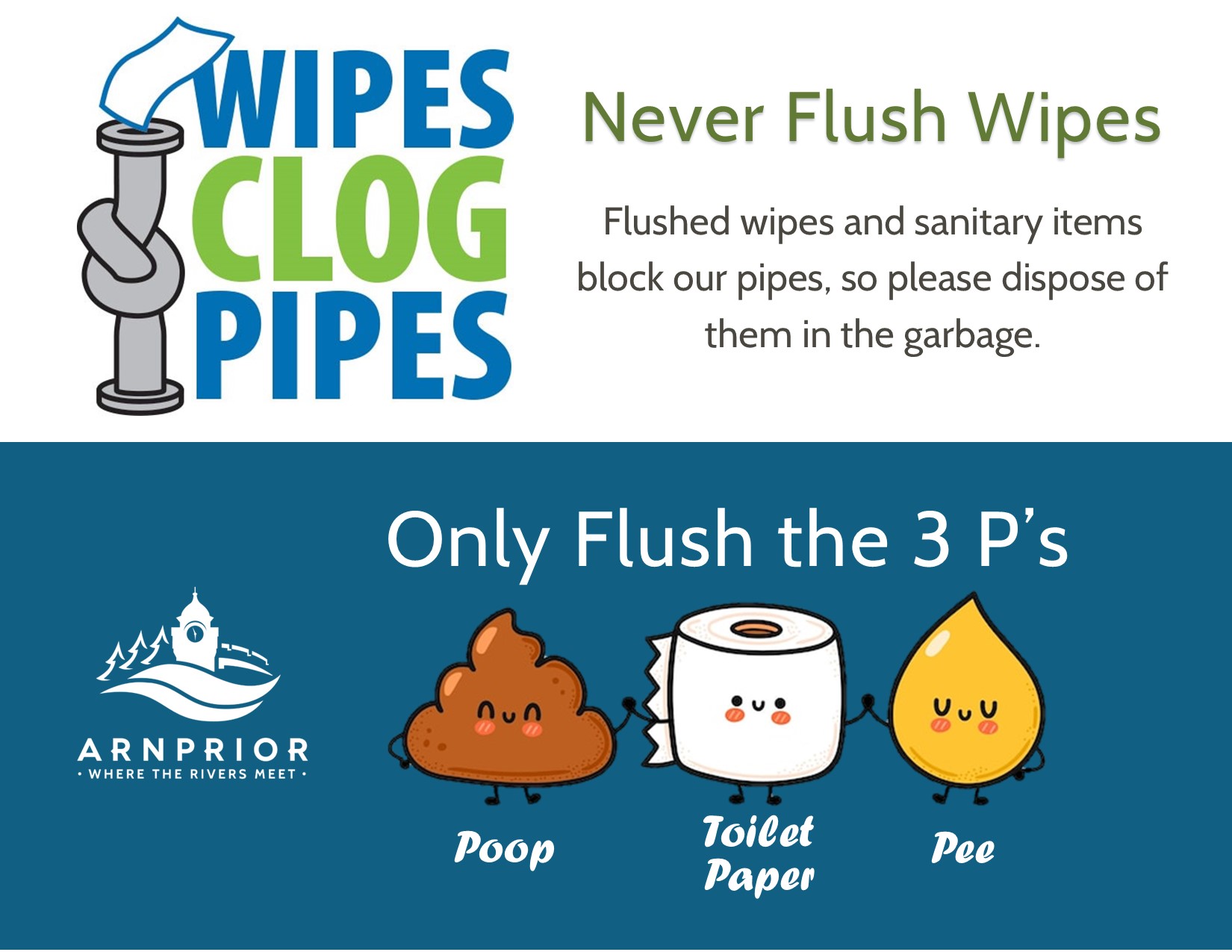




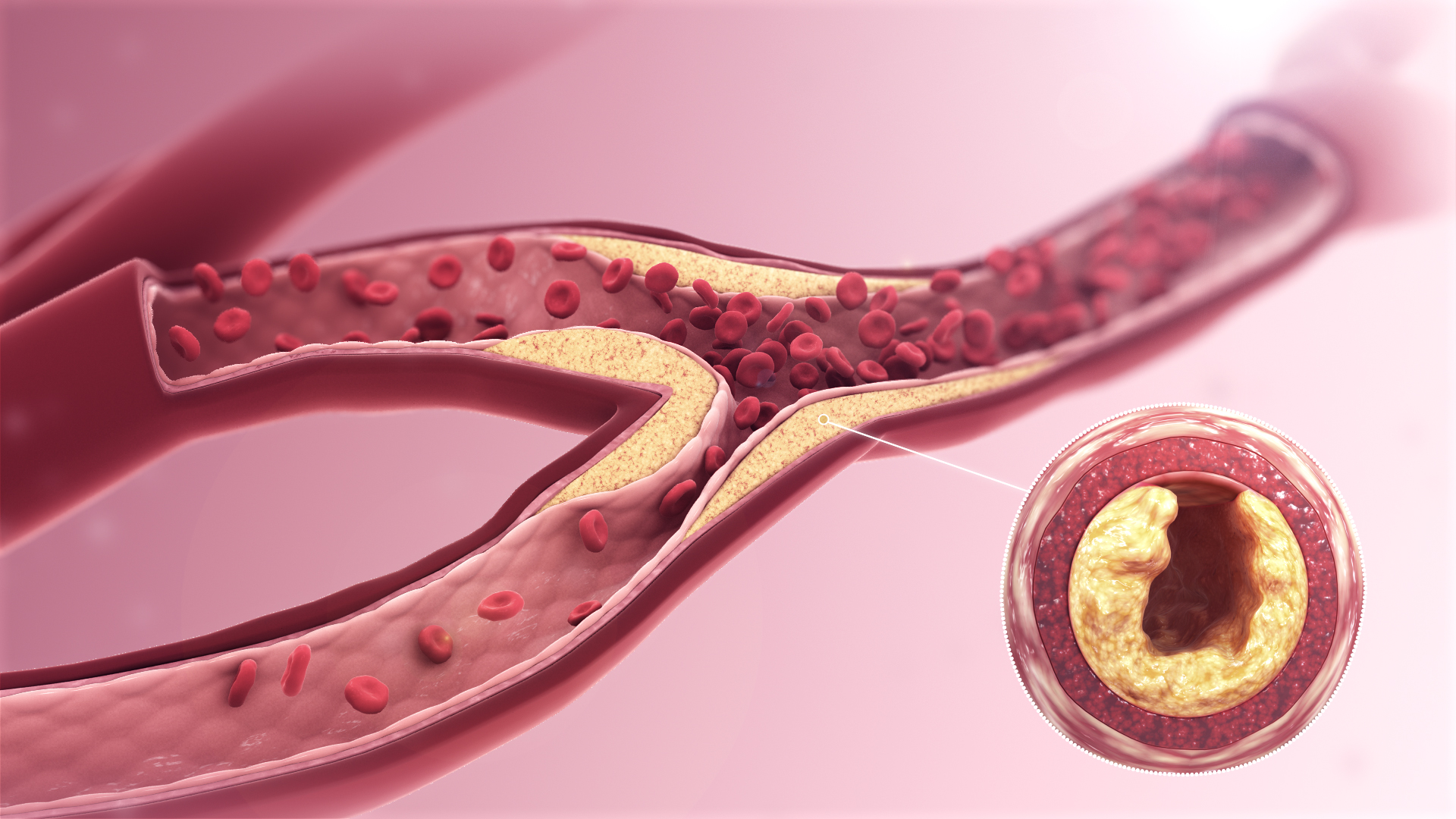




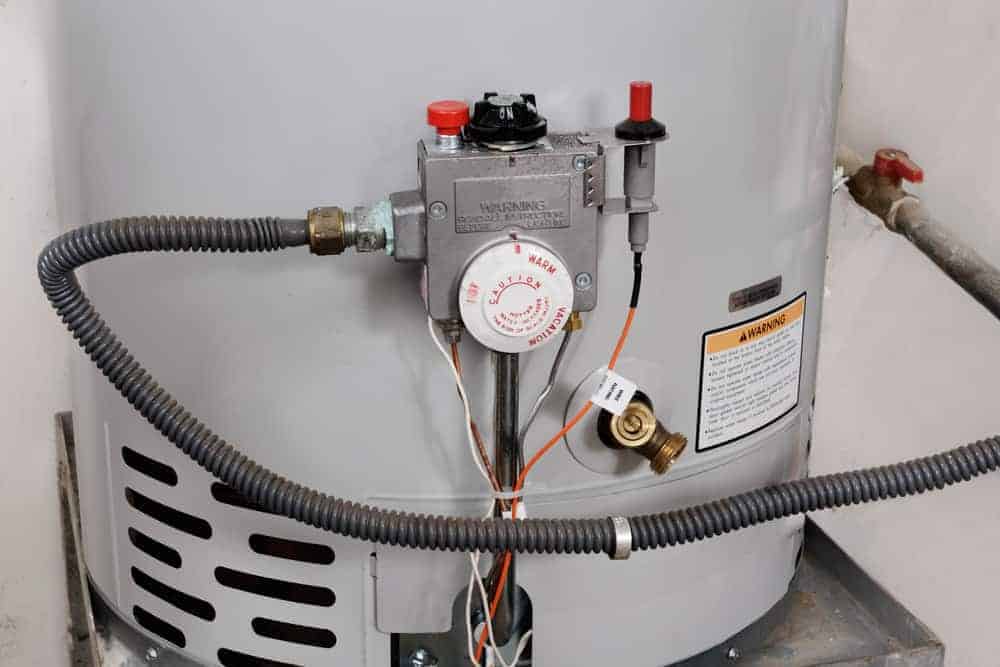
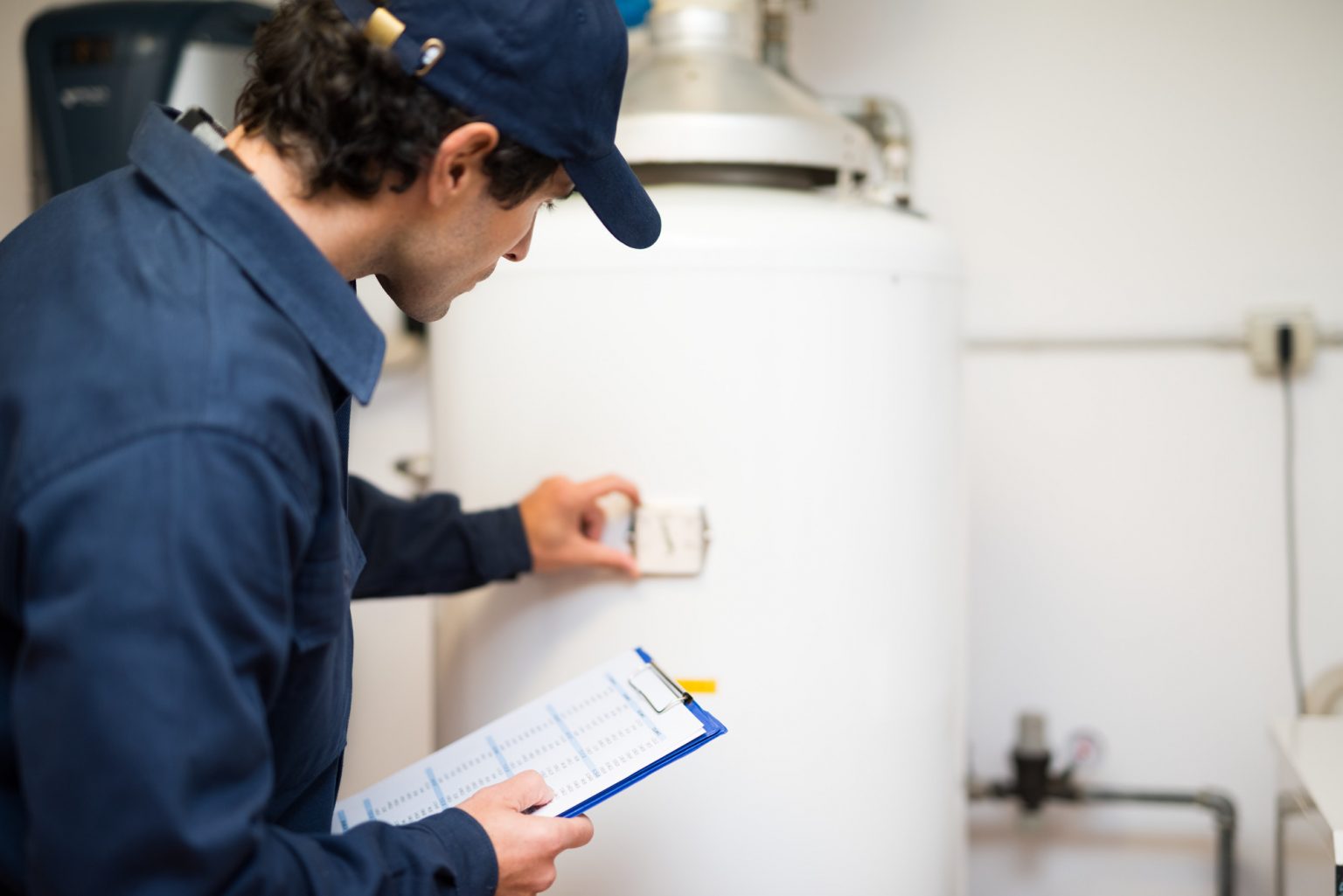
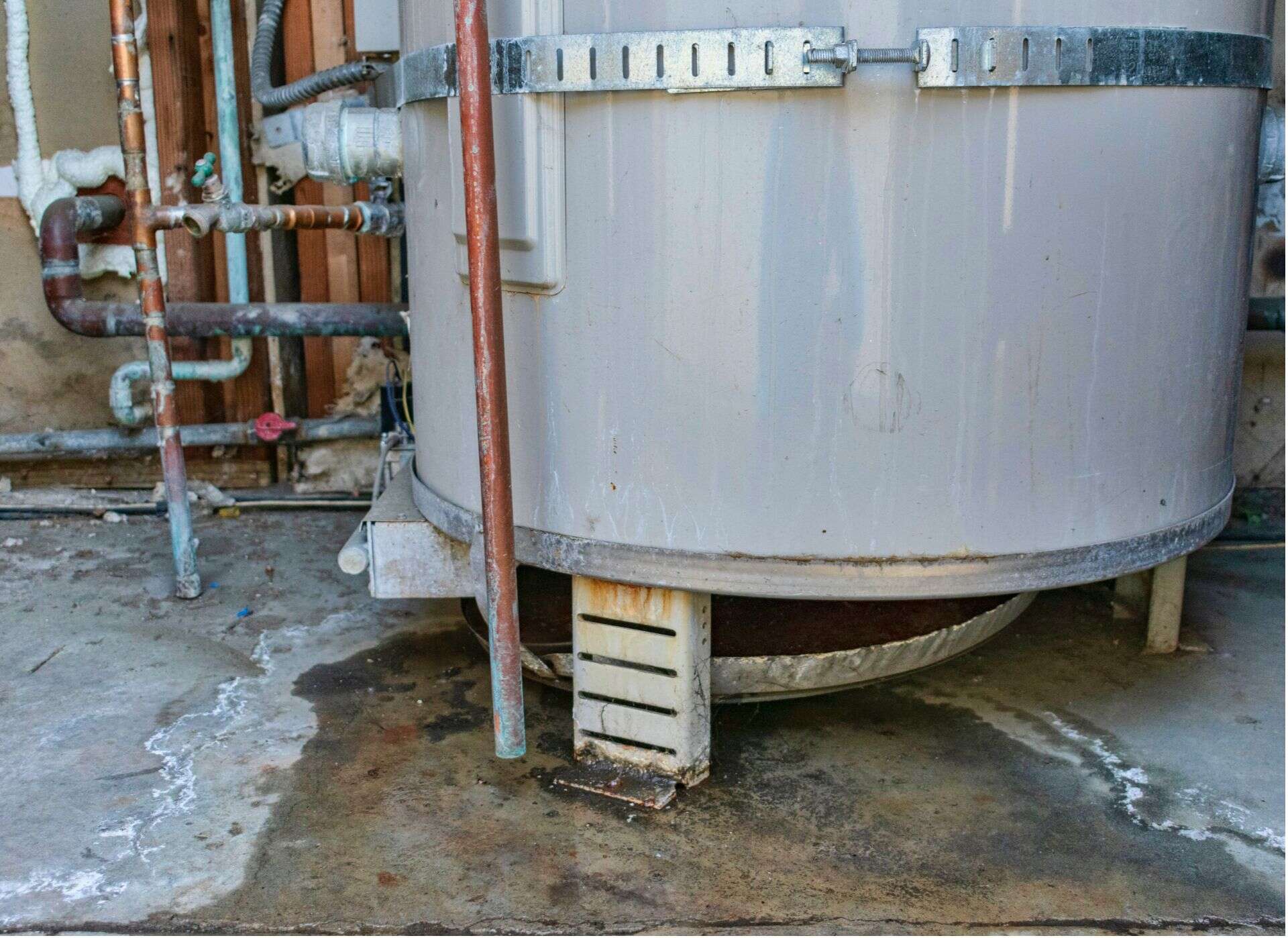




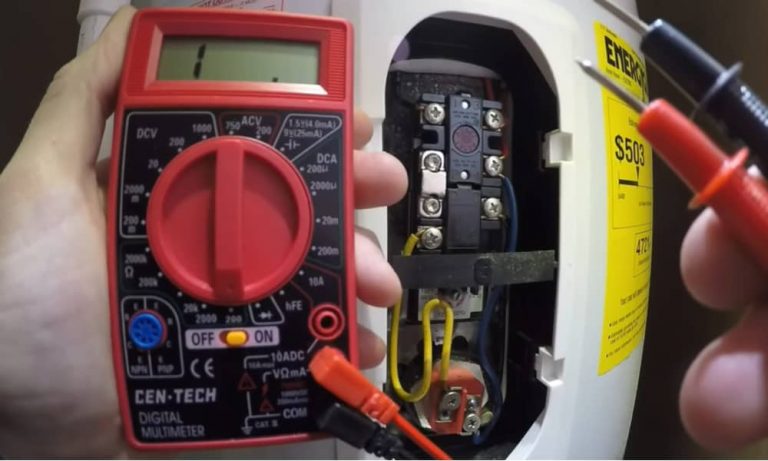




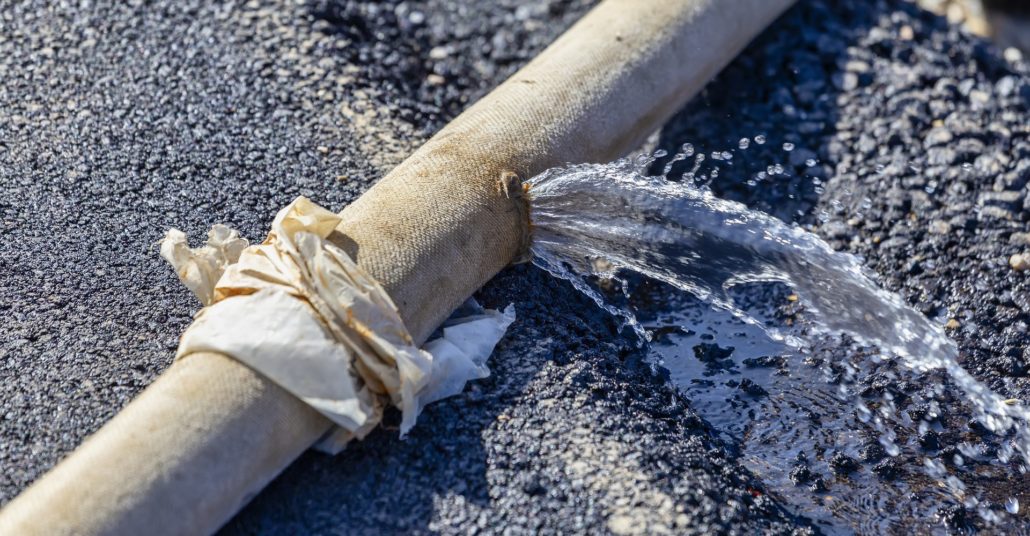

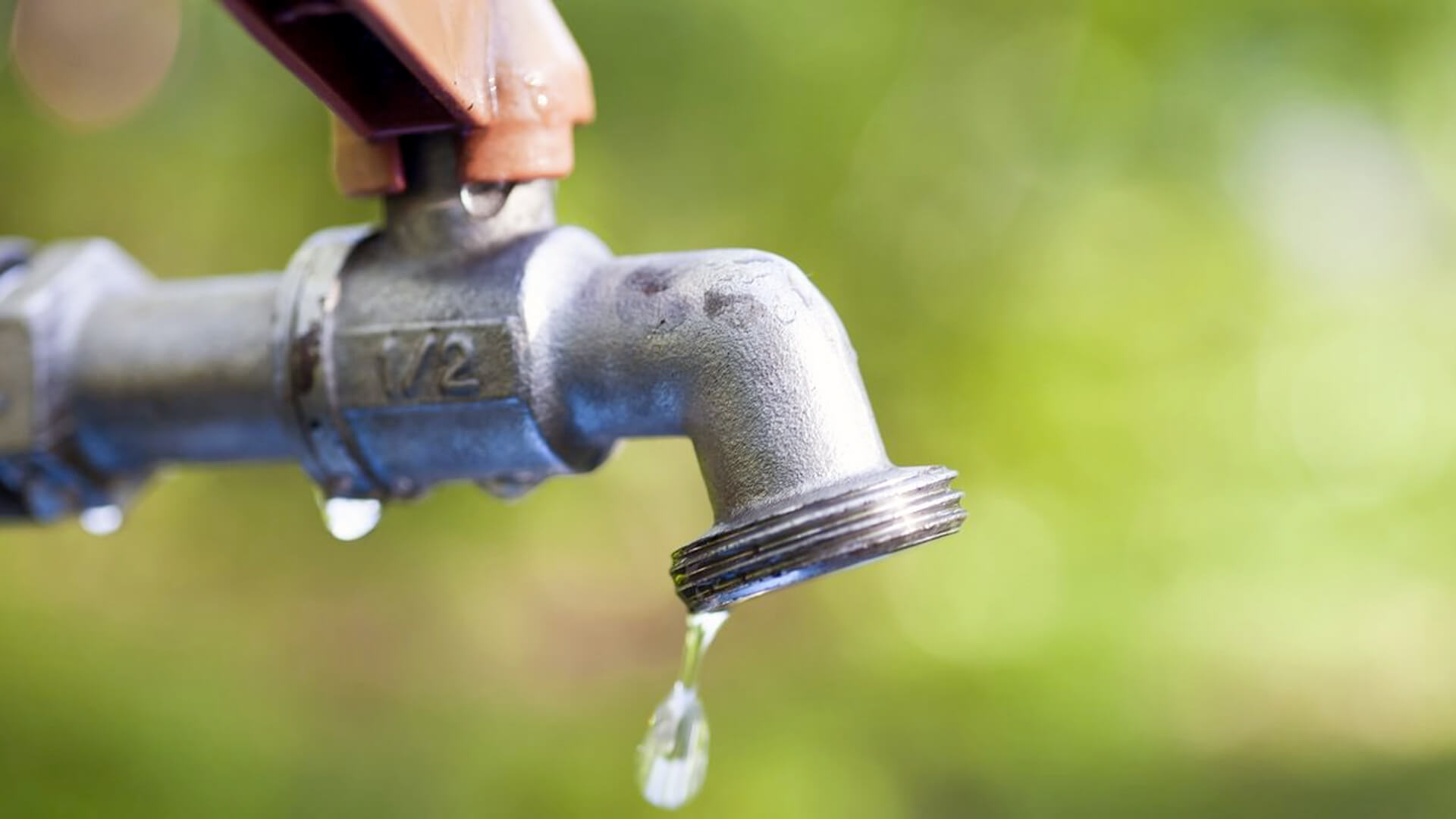

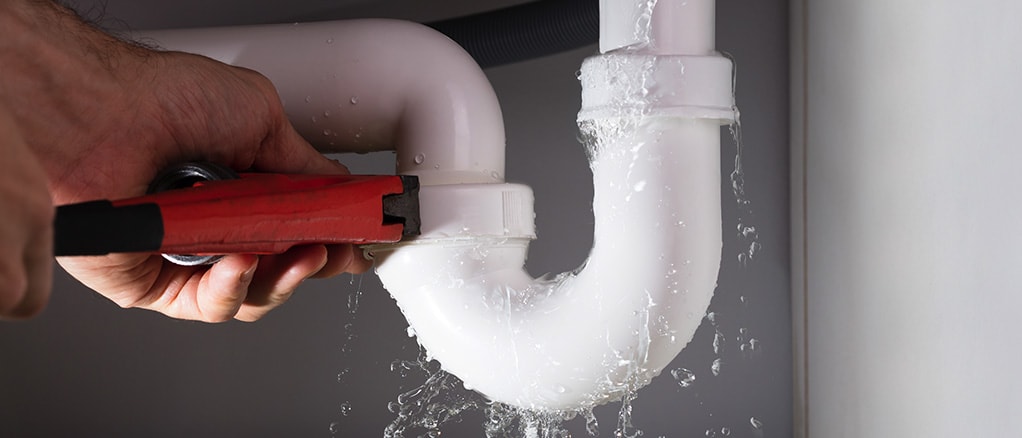

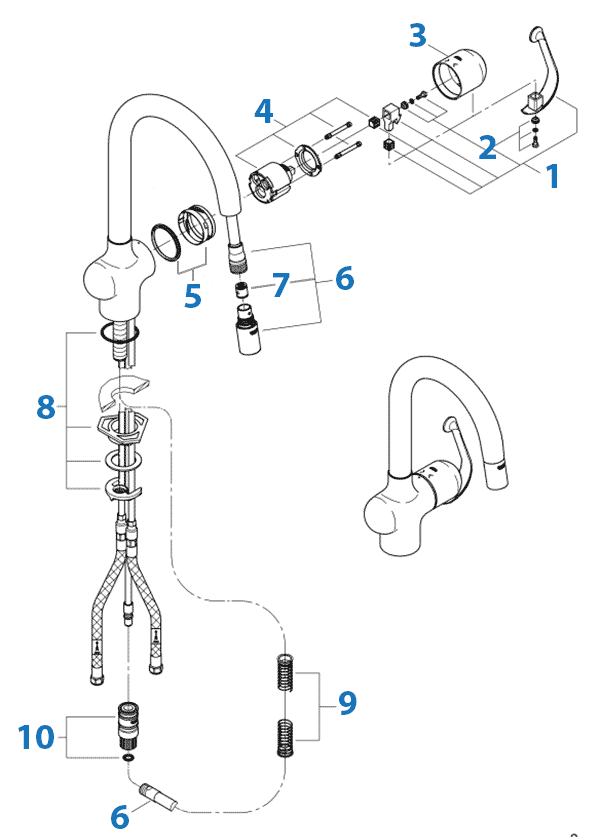



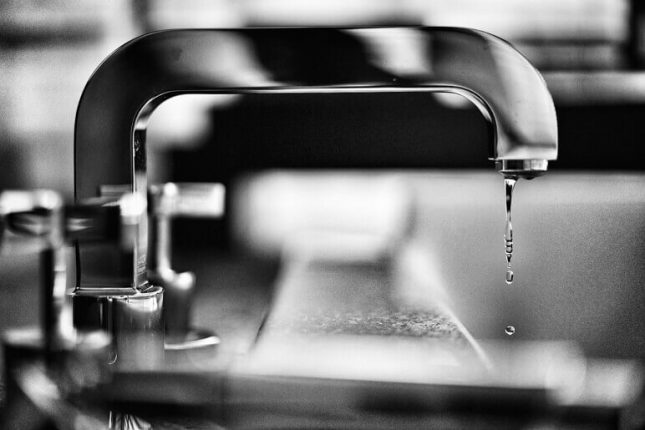





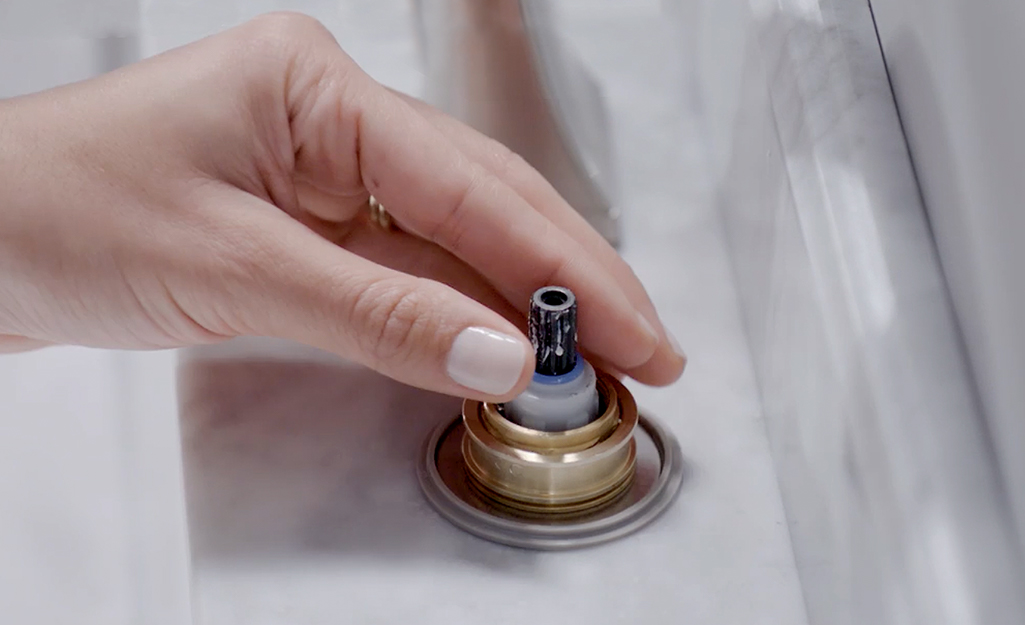


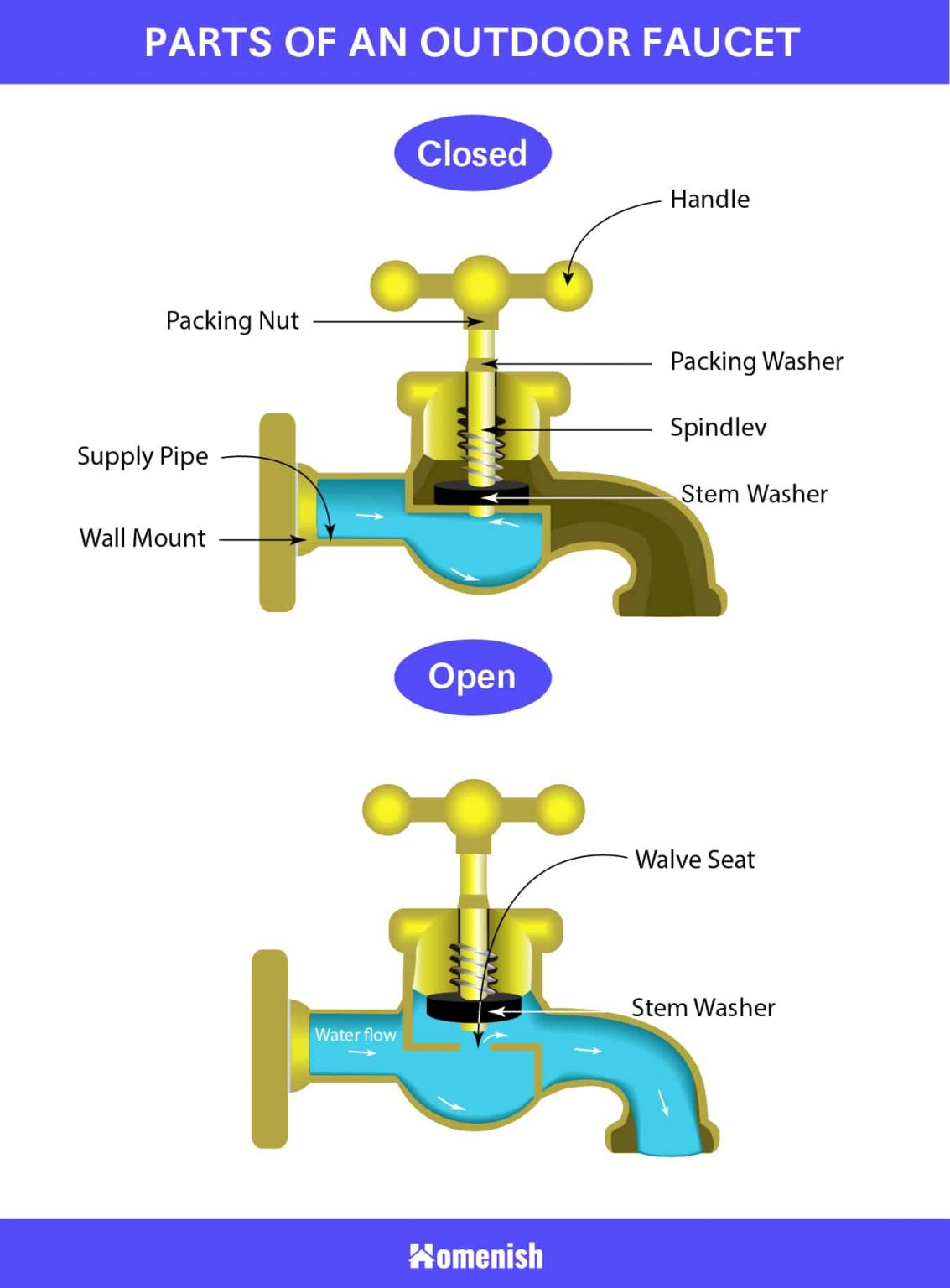


:max_bytes(150000):strip_icc()/testing-water-pressure-in-your-home-2718692-hero-98f45508ca5d44b6b551034ac5cedab5.jpg)



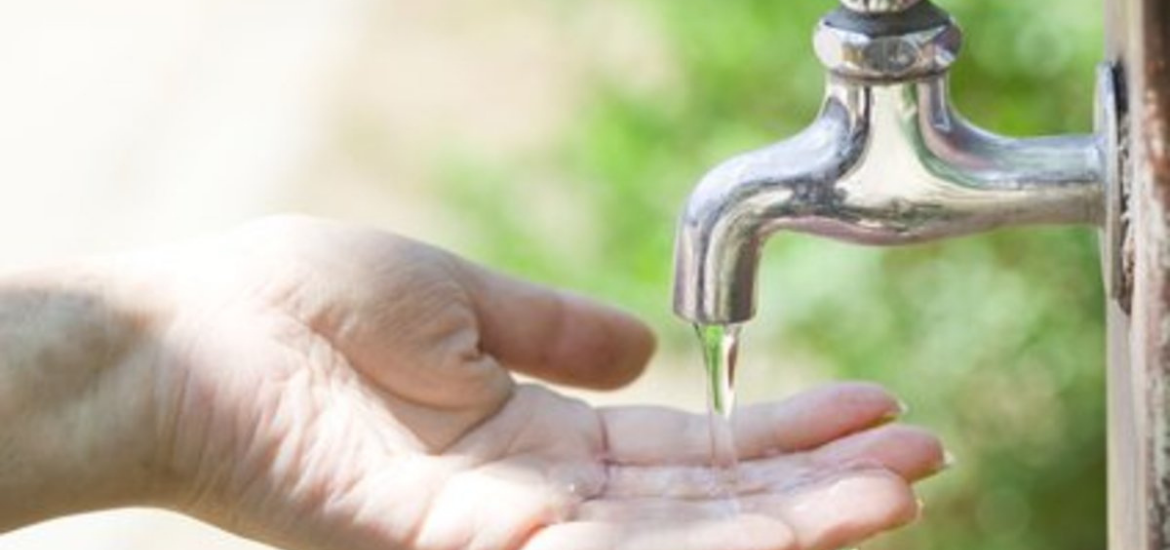


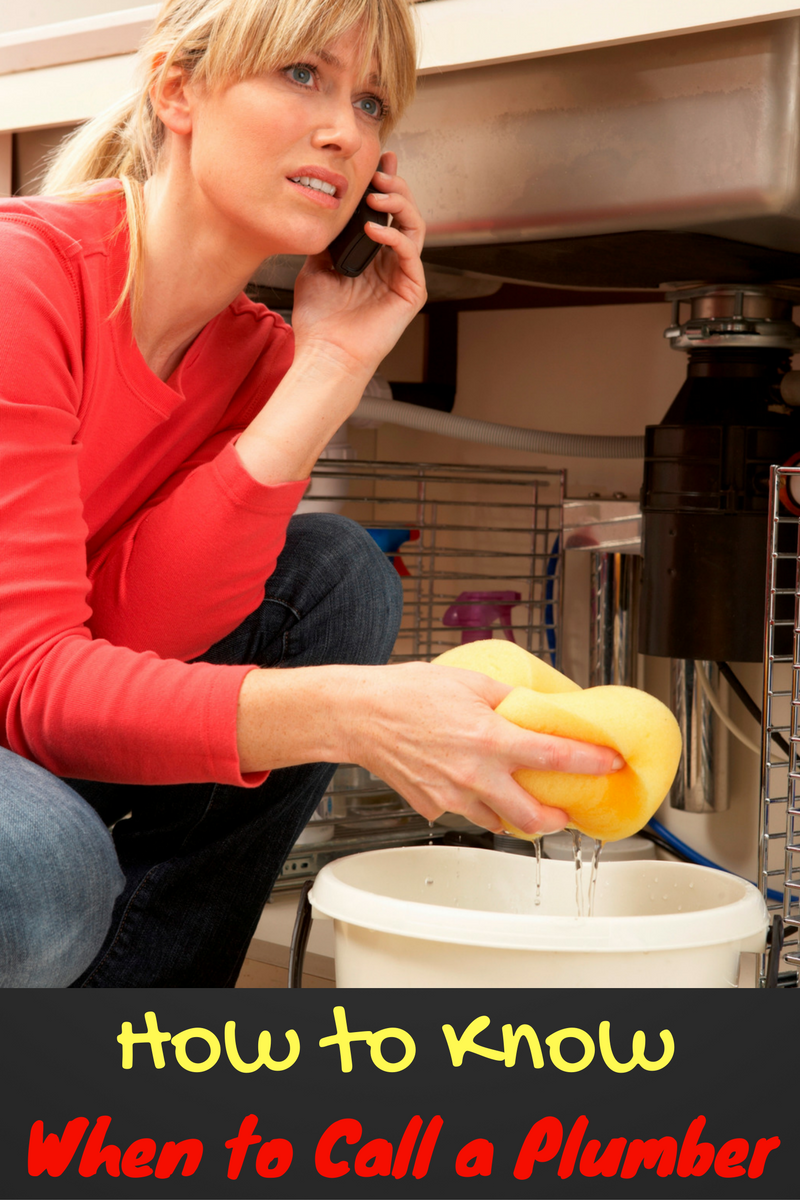




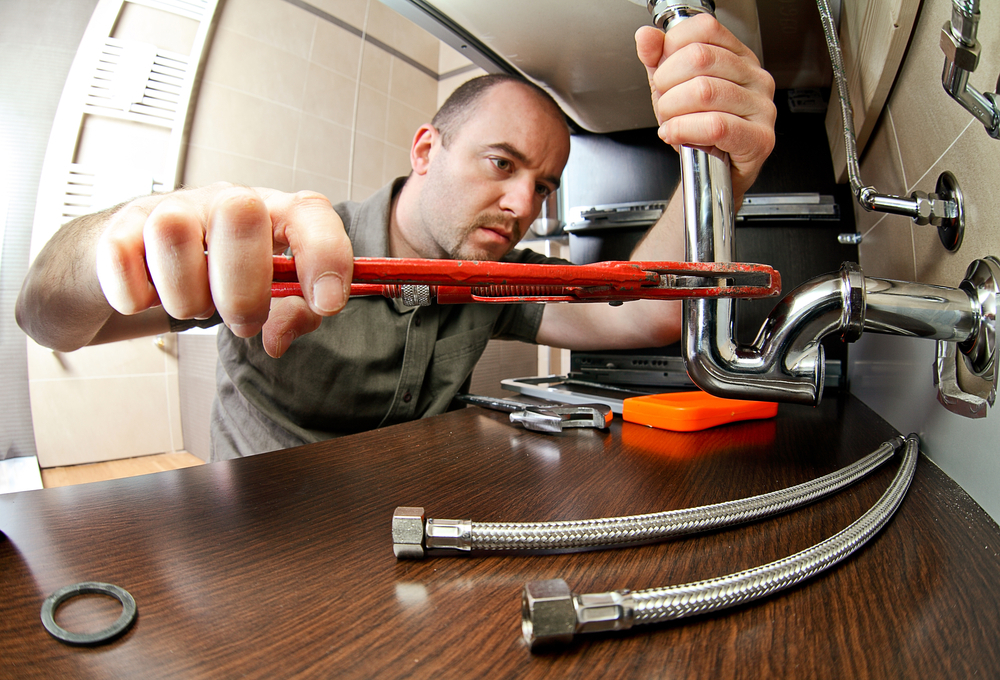



:max_bytes(150000):strip_icc()/Traditional-Beach-House-Living-Room-589a78c33df78caebcbc63a6.png)


